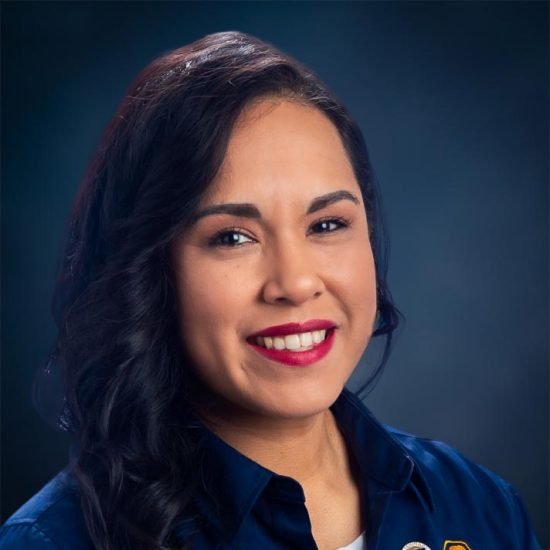
Anthrozoology (BS)
Explore the historical, cultural and ethical relationships that exist between humans and other animals.
People and Animals
The relationship between humans and animals is a deep and evolving bond. Animals have been essential to human survival, providing food, clothing and labor. Today, they are cherished as pets, offering emotional support and companionship. They also play crucial roles in ecosystems, research, and education, highlighting the interdependence between humans and the animal kingdom. This connection reflects the practical, emotional, and ethical ways humans and animals benefit each other.

Turn Your Love Into a Career
Anthrozoology is the study of human-animal interactions and relationships. Those involved in the discipline of Anthrozoology can approach it in many ways, including animal-centric or a more anthropological perspective, focusing primarily on animals or people, respectively. Anthrozoology is a wide-ranging discipline that encompasses biology, sociology, psychology, communications and animal sciences, among others.
Featured Courses
Is this Program a Good Fit for You?
Anthrozoology students are typically interested in:
- Animal pharmaceutical sales
- Veterinary science
- Stable management
- Breed organizations
- Animal/human interactions
- Anthropology
See Yourself Succeed With a Degree in Anthrozoology

Grow Your Passion for Animals
A&M-Commerce has one of the top hands-on agricultural programs in Texas. Explore horticulture, wildlife, livestock herds and more through exciting experiential learning and modern facilities.
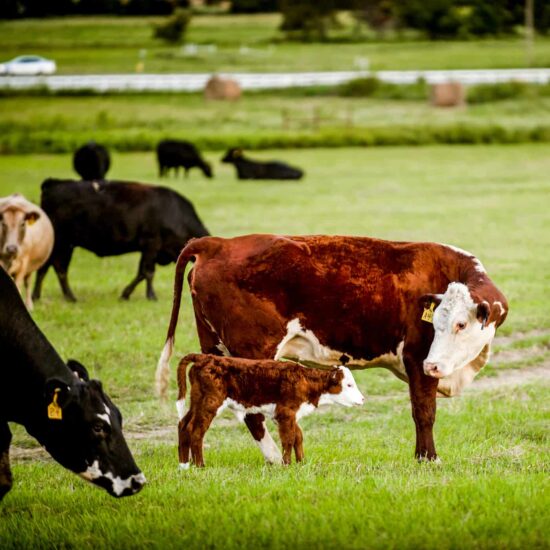
Join the Family
The College of Agricultural Sciences and Natural Resources is a growing family with a supportive student culture, including multiple student organizations and competitive judging and show teams.
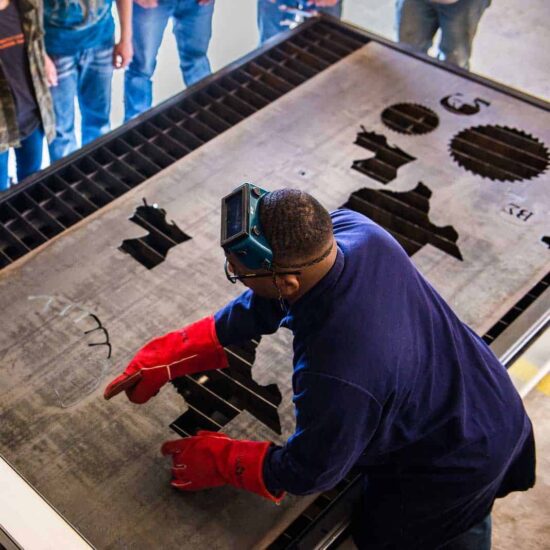
Expert Faculty
Work with professors who have ambitious research agendas solving problems with and around animals, increasing efficiency and improving worker safety.


Career Readiness
The College of Agricultural Sciences and Natural Resources puts you front and center to potential employers by fostering positive relationships and maintaining a strong public presence throughout the agricultural industry.
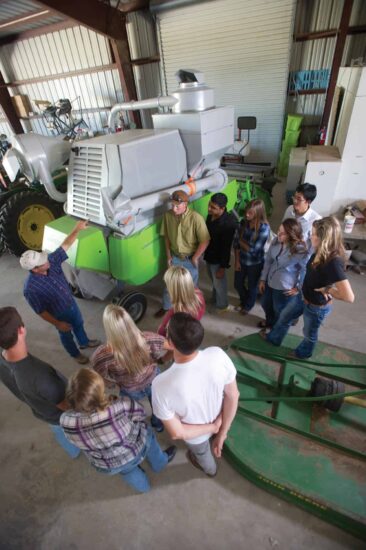
Faculty Spotlight

Maggie R. Pfeiffer Salem, Ed.D.

Brooke Clemmons
PRACTICAL APPLICATIONS
A degree in anthrozoology will offer you the opportunity to:
- Enter a variety of career fields in both life sciences and social sciences.
- Learn about a wide breadth of animals, like companions, exotics and livestock.
- Learn livestock and species-based management strategies.
- Acquire hands-on experience with animals that will translate to real-world applications.
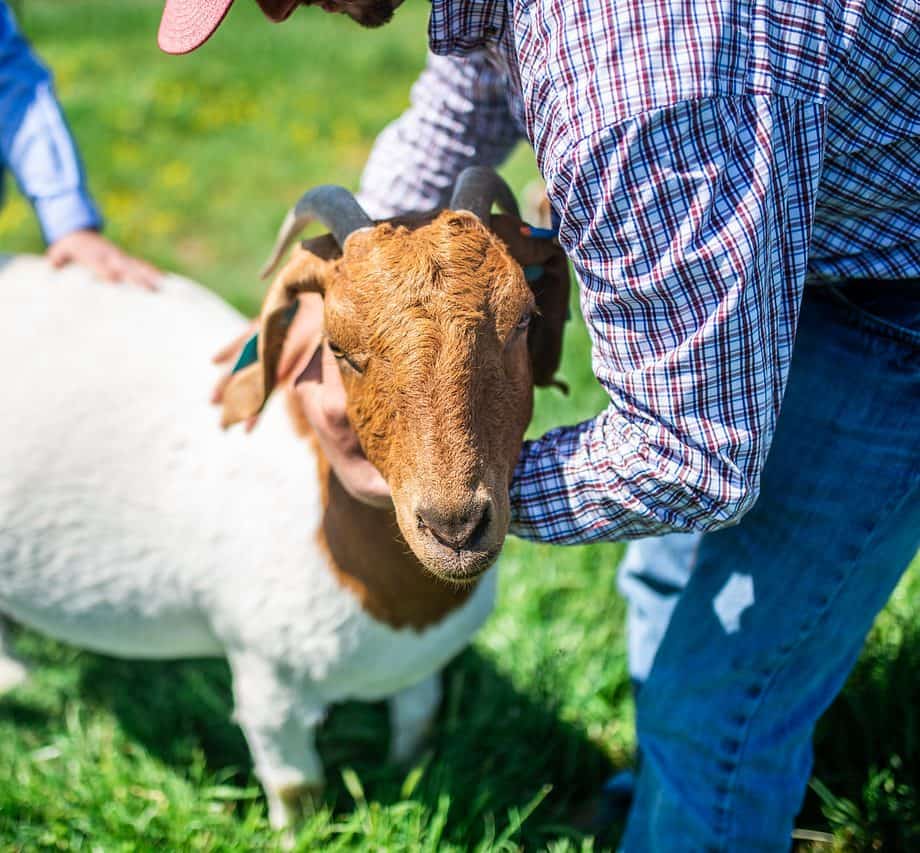
Careers
Anthrozoology, the study of human-animal interactions and relationships, offers a wide range of potential job opportunities across various sectors. The field’s multidisciplinary nature allows graduates to find roles in academia, research, animal welfare, therapy, conservation and more.
Career Possibilities and Current Median Salaries
US DOL Bureau of Labor Statistics, Occupational Outlook Handbook, 2023
Minors
- Agribusiness
- Agricultural Education
- Agronomy
- Equine Science
- Family and Consumer Science
- Sociology
- Horticulture
- Psychology
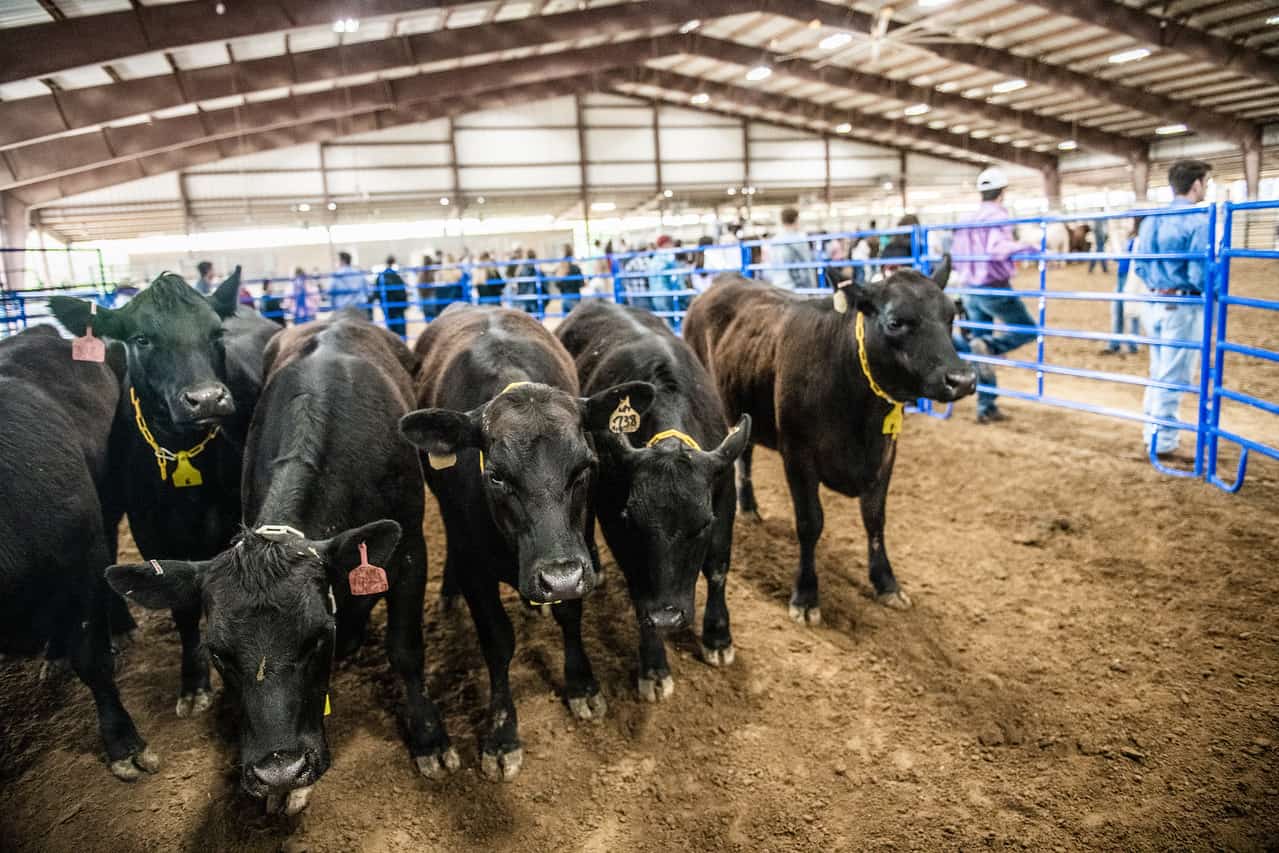
What You Will Learn
After finishing challenging, assorted coursework tailored to your interests, you'll be prepared for a variety of careers in zoos, aquariums and animal non-profit organizations.
Courses to Prepare You for Your Career
- Core courses in animal behavior and welfare, national and global human-animal interactions, and science communication.
- Supporting courses in biology, communications and psychology.
Student Organizations
Student organizations play a vital role in enhancing your educational experience. These groups provide invaluable opportunities for networking, skill development, and hands-on experience that complement academic learning.
- AgriBusiness Club
- Pre-Vet Society
- Horticulture Club
- Alpha Gamma Rho
- Sigma Alpha
- Collegiate FFA
- Horsemen's Club

Undergraduate Program Costs
Program Costs
Tuition and fees for undergraduate students taking 12 credit hours are $4,212 for Texas residents and $9,108 for non-residents.



 Courses
Courses






















